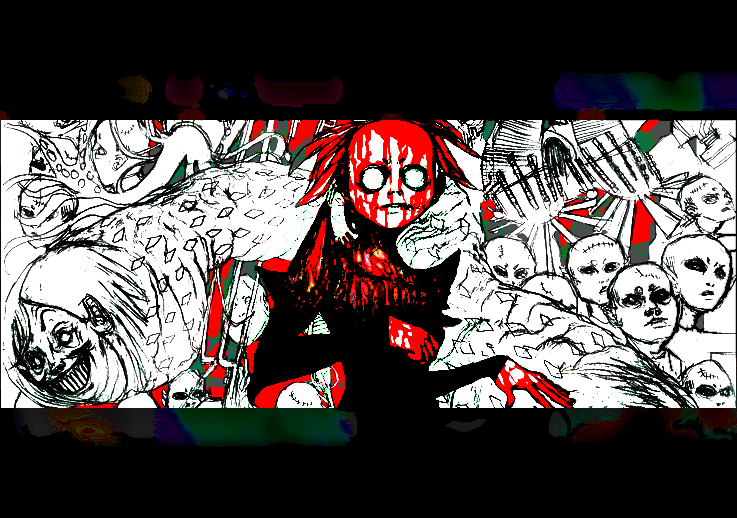CW: Incest, assault, abuse.
Hurricane Aaron is a film about brothers in tragedy. J.R. Howell’s first feature film takes viewers on a series of twists and turns that may leave some queasy, but thoroughly intrigued about the psyche, and rage, of its main characters, Aaron and Cory. There is more than just horror that lurks under the skin of this film. GenderTerror had a chance to interview the director, writer, and score creator, J.R. Howell about his psychosexual thriller and other upcoming projects.
GenderTerror: Why horror, especially queer horror?
J.R. Howell: My first horror movie ever was A Nightmare On Elm Street, which I saw when I was five years old. I love the thrill that horror movies provide. As I grew older, I similarly fell in love with the science fiction genre. One of the things so attractive about science fiction is the social commentary it provides through allegory or speculation. Truly great science fiction can be mind-blowing in that way. Lately, mainstream science fiction feels like it’s lost its soul and offers up action movies in space with tacky tech without really having any deeper meaning. Films like this seem to be evolving cinema to a medium without narrative. Yet, at the same time, horror is picking up the slack. Over the last few years, we’re seeing films marketing as “high concept horror.” Of course the truth is almost all horror is in some way “high concept.” Nevertheless, some horror films have taken a more overt approach to directly assert their attempt at social commentary, which is an astonishing effort when you think about it. Many criticisms of mega budget films that go on to tremendous financial success is that they’re too devoid of meaning so as to appeal to the widest audience as possible across countries and cultures. Yet, there’s a subgenre of horror that’s openly asserting that its making social critiques, come what may. I absolutely love that courage. So for these reasons I wanted to take on the social issues referred to in the film using horror.


